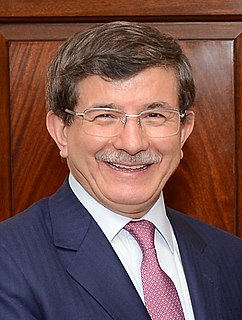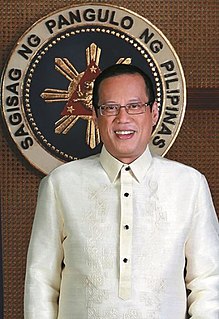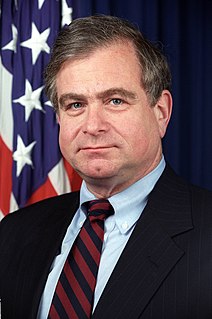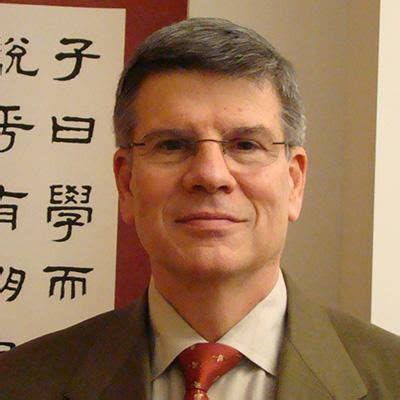A Quote by Ben Rhodes
Since taking office, President Obama has pursued a policy that focused more American resources and engagement in the Asia-Pacific, a region that will increasingly define opportunity and security in the 21st century.
Related Quotes
We welcome the Obama administration's policy called the 'pivot to Asia' because it is a contributing factor to the safety and peace of the region. I think this pivot policy is playing an indispensable role in enhancing the deterrence of the U.S.-Japan alliance as well as ensuring peace and security in the Asia-Pacific region.
In the 21st Century, the community of nations may see more and more of this very kind of threat that Iraq poses now - a rogue state with biological and chemical weapons. If we fail to respond, Saddam and all those who follow will believe that they can threaten the security of a vital region with impunity. But if we act now as one, we will send a clear message to would-be tyrants and terrorists that we will do what it takes to protect our security and our freedom in this new era.

































